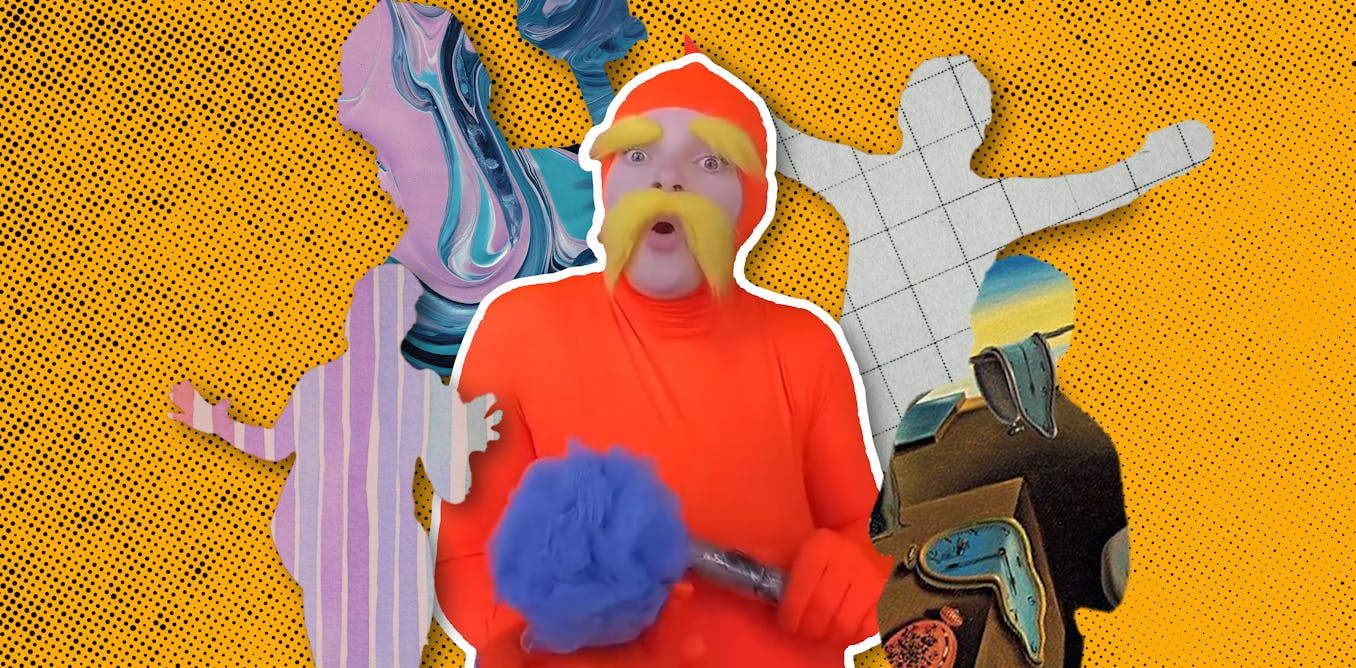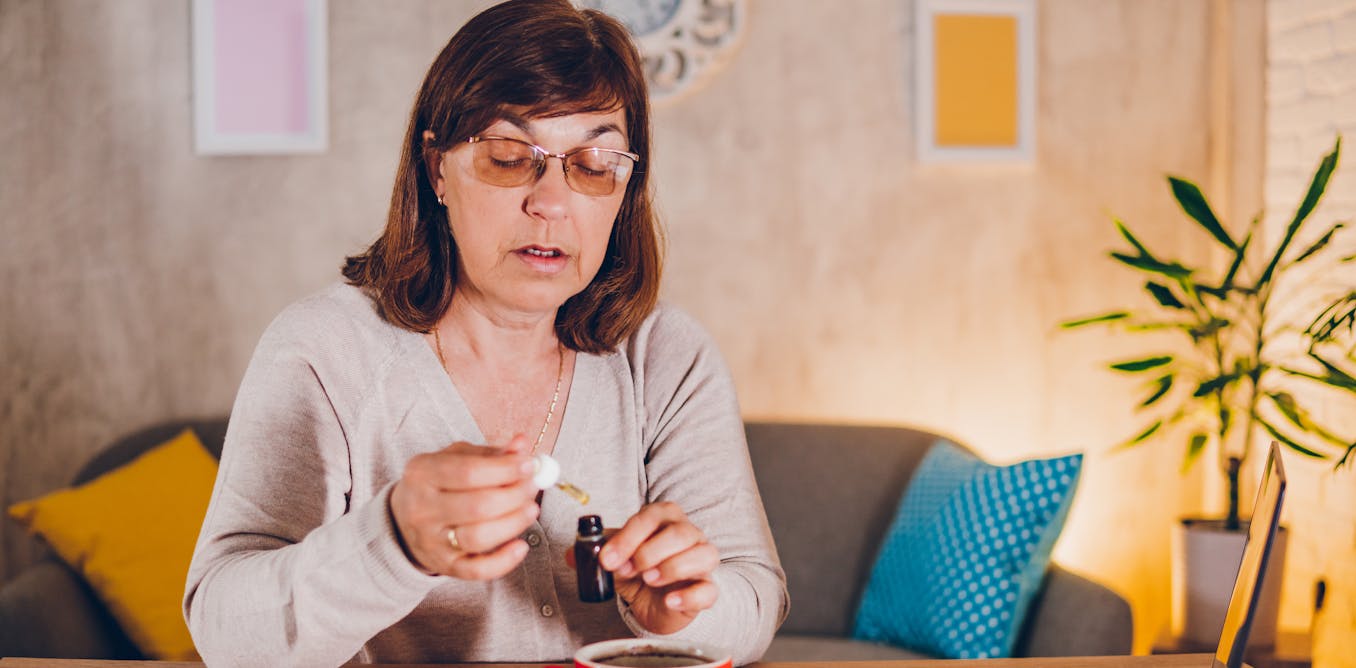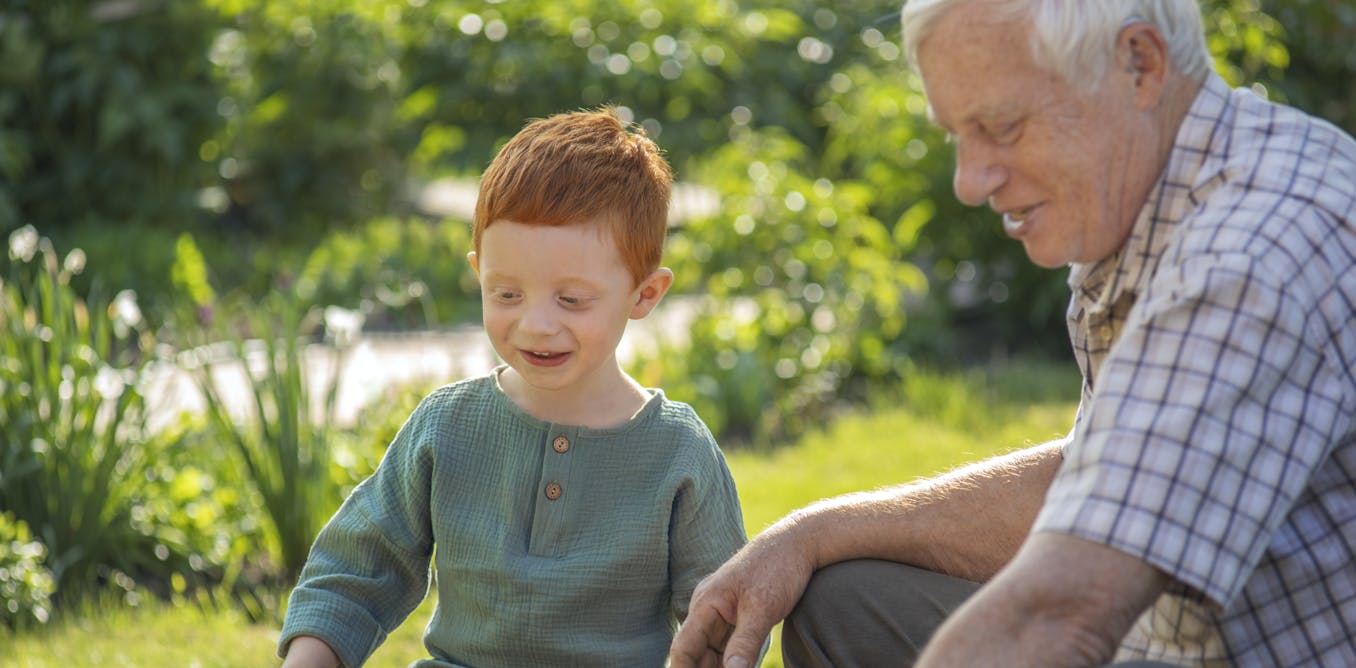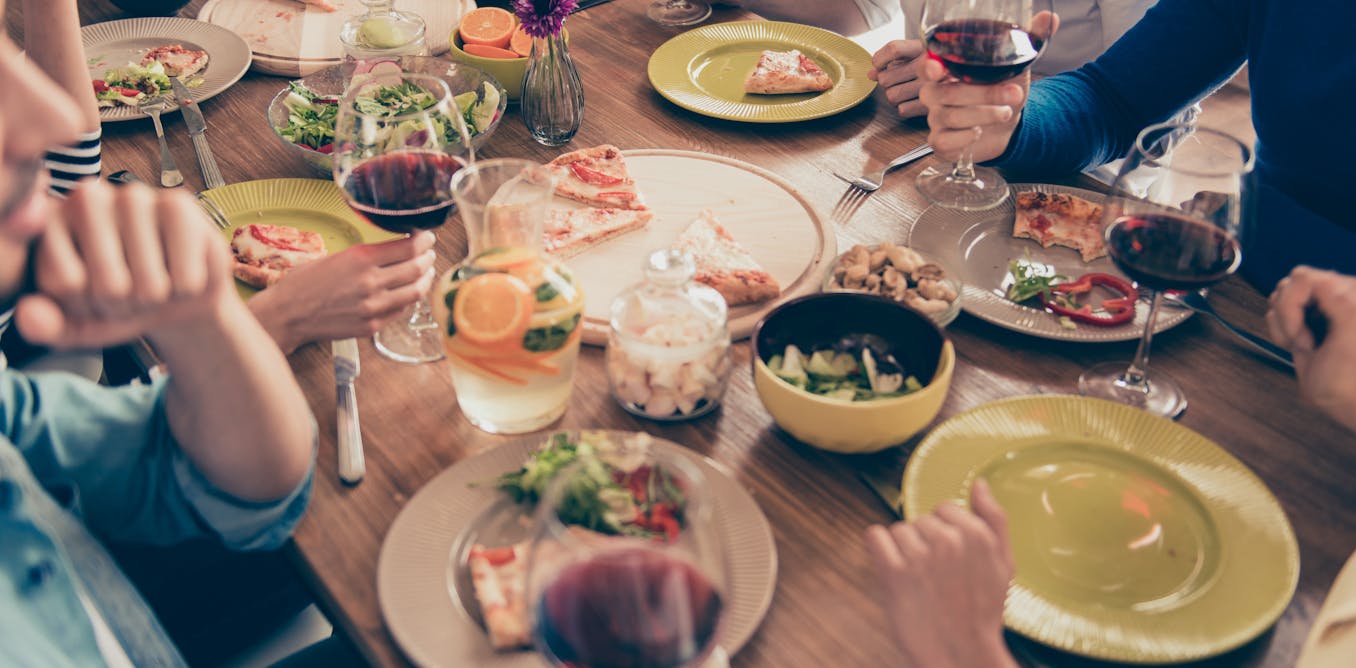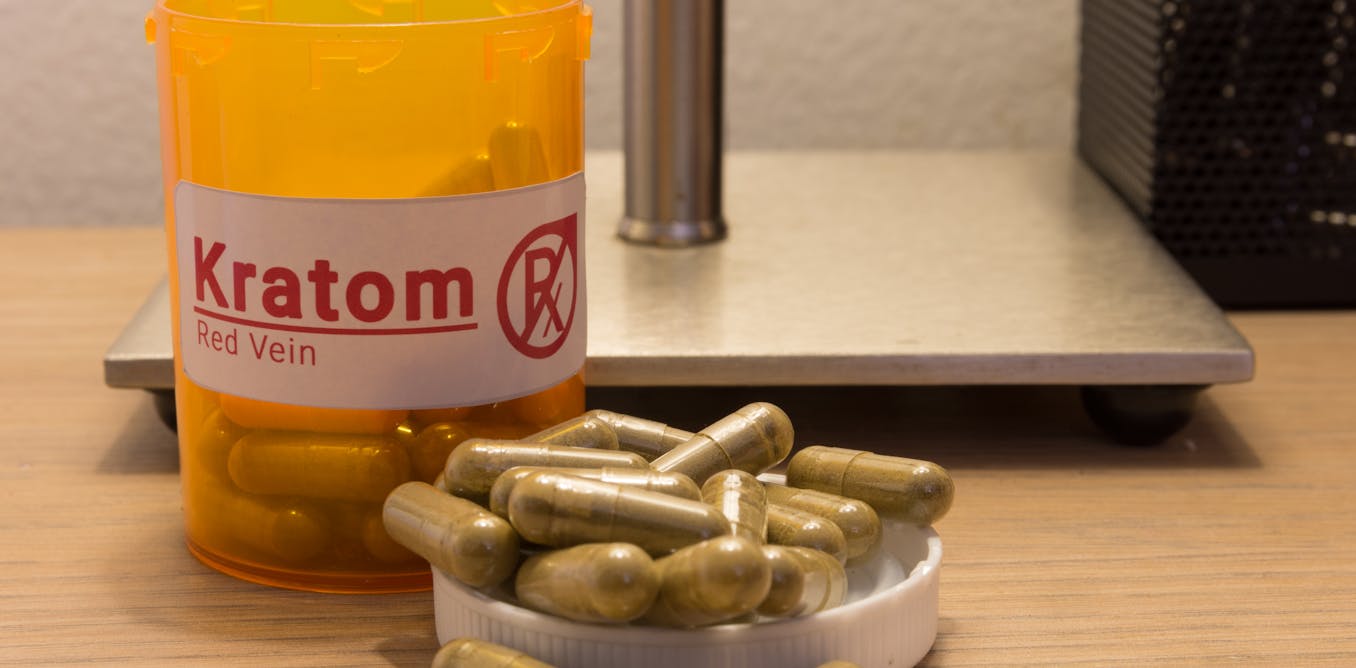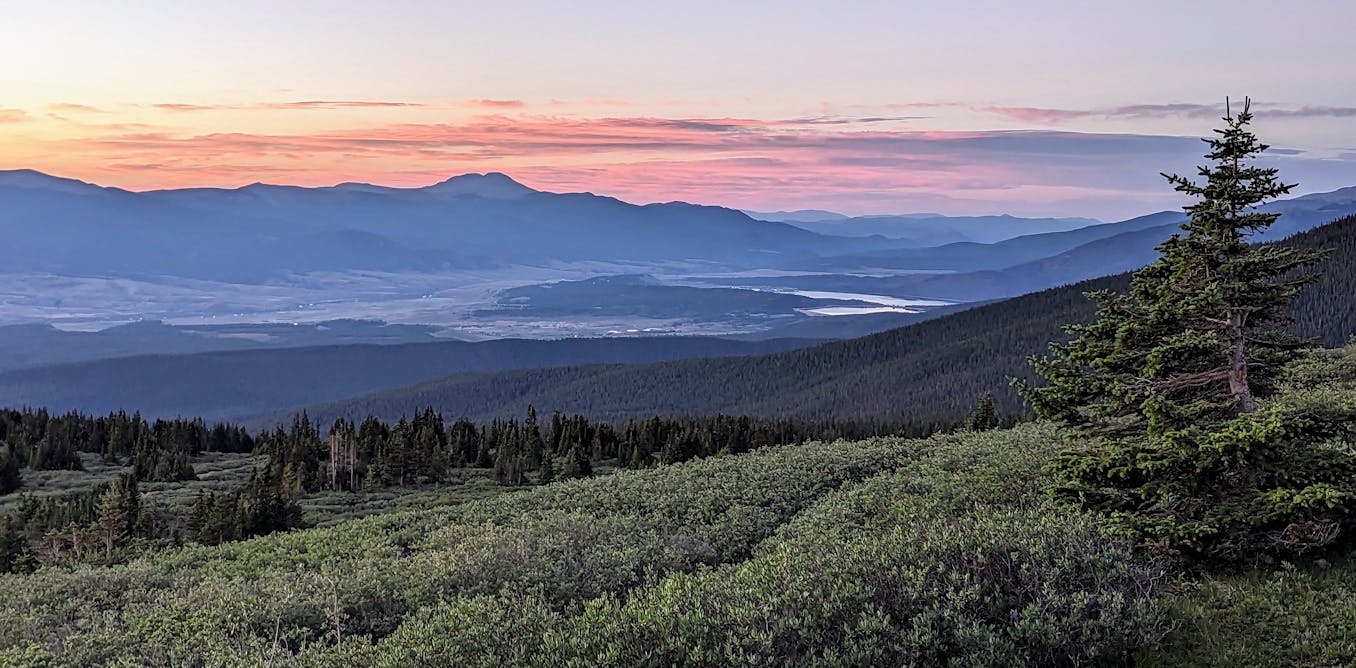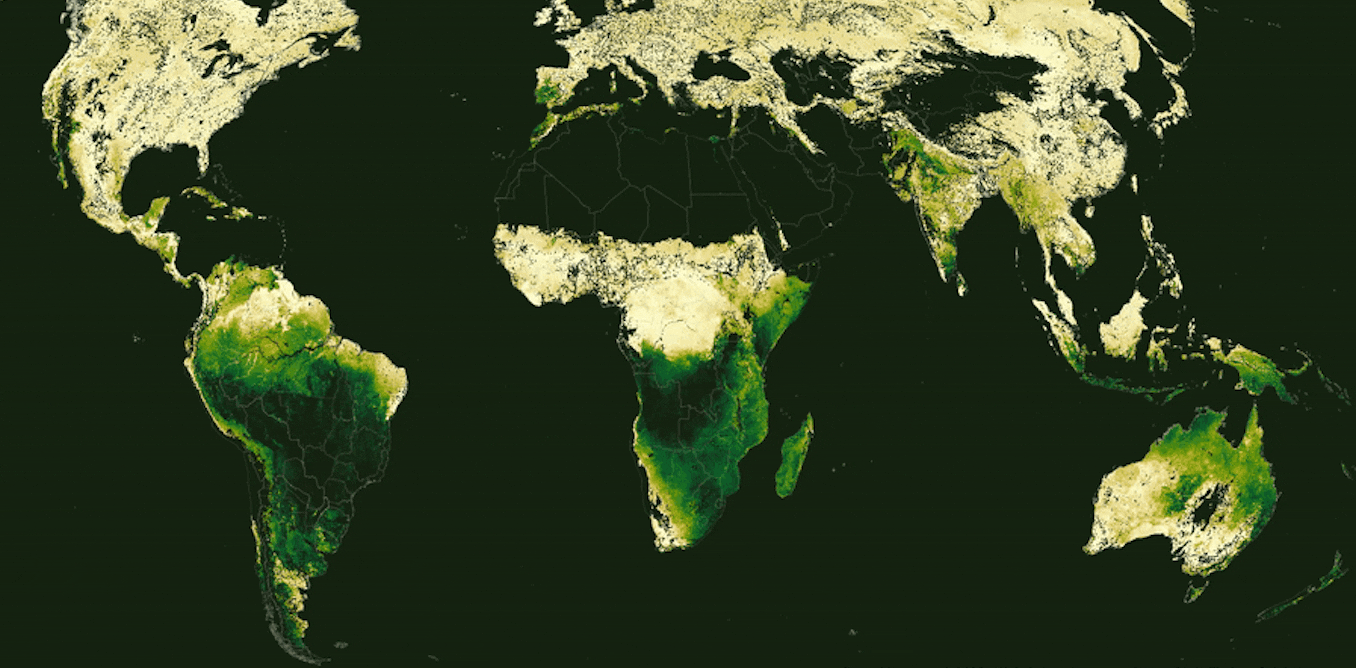Sinti and the Holocaust | DW Documentary
Carmen Melanie Spitta is keeping the memory of her family alive, remembering other Romani people who were murdered in the Nazi concentration camps.
When the Nazis came to power in Germany about 90 years ago, their hatred and racism was primarily directed at Jewish people. Six million Jews fell victim to this hatred, but members of other groups, like the Romani people, were also mercilessly persecuted by the Nazis in various European countries, many being deported to the Auschwitz concentration camp. An estimated 500,000 European Romani did not survive the Nazi era, and among the victims were almost all of Carmen Spitta’s relatives. The fate of her family weighs heavily on her shoulders, but that is precisely why she wants to make sure that their story is passed on to the younger generation.
#documentary #dwdocumentary
______
DW Documentary (English): https://www.youtube.com/dwdocumentary
DW Documental (Spanish): https://www.youtube.com/dwdocumental
DW Documentary وثائقية دي دبليو (Arabic): https://www.youtube.com/dwdocarabia
DW Doku (German): https://www.youtube.com/dwdoku
DW Documentary हिन्दी (Hindi): https://www.youtube.com/dwdochindi
Watch the video by DW Documentary
Common Melanie sha is haunted by the past not a day goes by without her thinking of her many relatives who were brutally murdered by the Nazis I no longer have a family I’m on my own because my whole family was killed comma belongs to Germany’s zinti minority she’s hoping to get closer to
Her ancestors by visiting the aitz concentration camp but it’s a painful journey into the past and a search for her own [Applause] identity hey now easy what’s bothering you sweetie kman lives in Frankfurt a mine and earns a living by cooking for a catering firm but the thing that defines her more than anything else is the fact that she belongs to the cinti minority that was persecuted and murdered during Hitler’s dictatorship in
Germany from an early age my mom told me everything and showed me pictures I grew up looking at black and white photos filled with dead people and more dead people this picture shows her mother melan sha as a child she would go on to become the first person to devote
Herself intensively to the Nazi systematic murder of Romany people one supporter of her work was writer and Noel laurat gter grass Now Carmen keeps the remnants of her family history in an old chest of drawers when I open this drawer and smell these old papers and documents it makes my stomach turn
Almost all members of the family were deported by the Nazis from Belgium to the aitz banau concentration camp where they were murdered Carmen’s Uncle Rudy was one of them this is our Rudy at school this is before the deportation and that’s a cousin who was also killed in
Aitz they took a photo of the two together and hustled in hustled NAD this is The Nomad the Gypsy card from my great-grandfather ysf gor elster kick then as now Gypsy was used as a derogatory term for Roman people this is my grandmother God Rest her soul my grandmother lost her mother her
Two children almost all her siblings her nieces nephews and cousins in aitz in aitz For kmen sha has made it her life’s work to tell their story and keep the memory of her family alive along with the memory of an estimated 500,000 European Romany people who didn’t survive the Nazi regime She’s heading out to meet a friend another stia whose family history was deeply shaped by Nazi crimes Mana shukar is a social worker she has found that many children and grandchildren of Holocaust Survivors suffer from depression or anxiety attacks and there is a technical term for this transgenerational transmission of trauma It’s interesting that you were always around these topics growing up even at The Breakfast Table because your mother was so involved with alit’s genetic research but in our house nobody talked about it to protect the children my father couldn’t read or write and that was just normal to me because that’s the
Way I knew him but once my eldest niece asked Papo why can’t you read and write and he said because Hitler stole my book bag so she began telling everyone that and we understood that Hitler was a bad guy stealing the children’s book bags but that’s all we were told my father
Didn’t say anything else that’s very different and yet Caron I was affected even if you don’t talk about it it’s there and that’s the beauty of it you see I’m getting all emotional it’s okay because up until two years ago I didn’t know why I was so anxious what
Was wrong with me ever since I was a child but when we talked about it I knew I’m no longer alone that’s already a step in the healing process absolutely it feels so good to be able to reflect on it and now there’s some awareness about the
Topic in Poland kmen wants to lay wreaths at the aitz Concentration Camp Memorial to remember her ancestors she spent a long time preparing for this with the help of her trauma therapist it took me a long time to decide whether I should go on this trip many people were worried about
Whether I could handle it I’ve always dreamt of outfits of dead bodies corpses blood and massacres but I told myself it would bring me Peace from February 1943 Romany people were rounded up inside what was then the German Reich and its occupied territories they were then deported to the aitz extermination camp the Romany were considered inferior by the Nazis and like Jewish people were excluded from society in aitz they were
Held in a separate area the so-called Gypsy Camp explains guide Eva Pastak here you see the first unloading ramp the majority of the deported Romani people also came to alitz beer Canal along this TR train track the Gypsy camp for families is over here and this is the laboratory where
Ysf mangala carried out his criminal experiments at the end of the track in Camp 2 there was the gas chamber and crematorium number two number three number four and number five ysf mangala was the camp doctor who carried out inhumane medical experiments on prisoners today a permanent exhibition
In Block 13 of the memorial commemorates the murder of Romany people ader an marer AUST is is my great grandmother Janet Johan Johan Yer is my uncle uncle is my Papu’s wife oury my relative my grandmother when keep thinking about my grandmother who was 7 months pregnant
When she came here and our Rudy who was only 13 he ended up in the hands of that dog manga my grandmother went to the sick Barracks where she saw him he was sitting on the cold floor naked with five others under one blanket and said
To her I’m not getting out of here alive For the cinti people aitz is the largest cemetery of their ancestors and the remains of Carmen’s relatives are also buried here they are here somewhere and I can feel it deep down it gives me some Joy knowing that I’m able to bring them something and to know that they’re close to Me 22,600 Romany people were deported to aitz and only some 4,000 survived after returning home Carmen attends a cinty cultural event in fryborg titled our turn to speak with Reflections from a younger generation of cinti who still face exclusion and Prejudice according to yakob shabia so as soon as I would identify
Myself as cinti I had to listen to all the typical stereotypes oh you’re all Nomads with your tarot cards and Magic when everyone keeps pointing the finger at you at some point you ask yourself are we the problem between 80 and 120,000 Romany people live in Germany yet many hide their background fearing
Prejudice it took me three years to find out that my cousins were going to my school they had said that they were Turkish and that’s where the issue starts by having to hide your identity Society instead of being able to be open about it for her part Carmen has always
Followed her foster grandfather’s motto never forget your roots be proud of Who You Are my mom was always being asked by scientists and academics how did you get all this knowledge Mrs Spa you’re so well read my mom always just had to laugh and say you know I learned how to read and write unlike my mother and grandmother they didn’t get that
Opportunity and that’s it now we can create spaces for people to meet equals that wasn’t the case back then because there was a wall fortunately that wall has come down absolutely which is Kon Sha’s mission in life tearing down the walls that remain to inspire the younger generation to continue the struggle for Equality
About DW Documentary
DW Documentary gives you information beyond the headlines. Watch top documentaries from German broadcasters and international production companies. Meet intriguing people, travel to distant lands, get a look behind the complexities of daily life and build a deeper understanding of current affairs and global events.
Video “Sinti and the Holocaust | DW Documentary” was uploaded on 01/26/2024 by DW Documentary Youtube channel.




